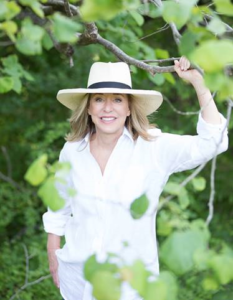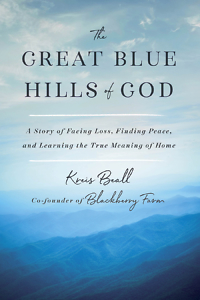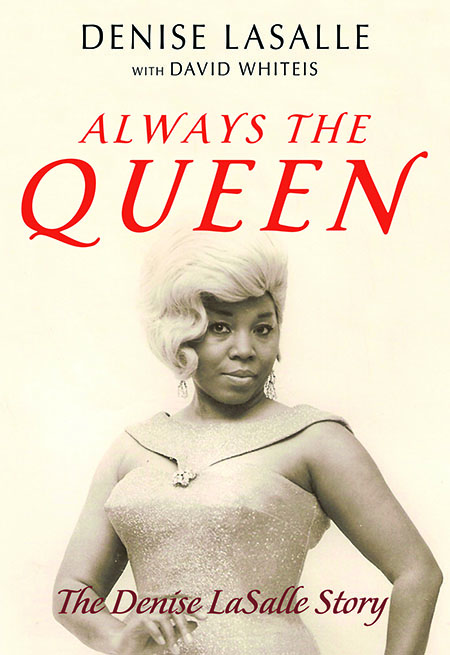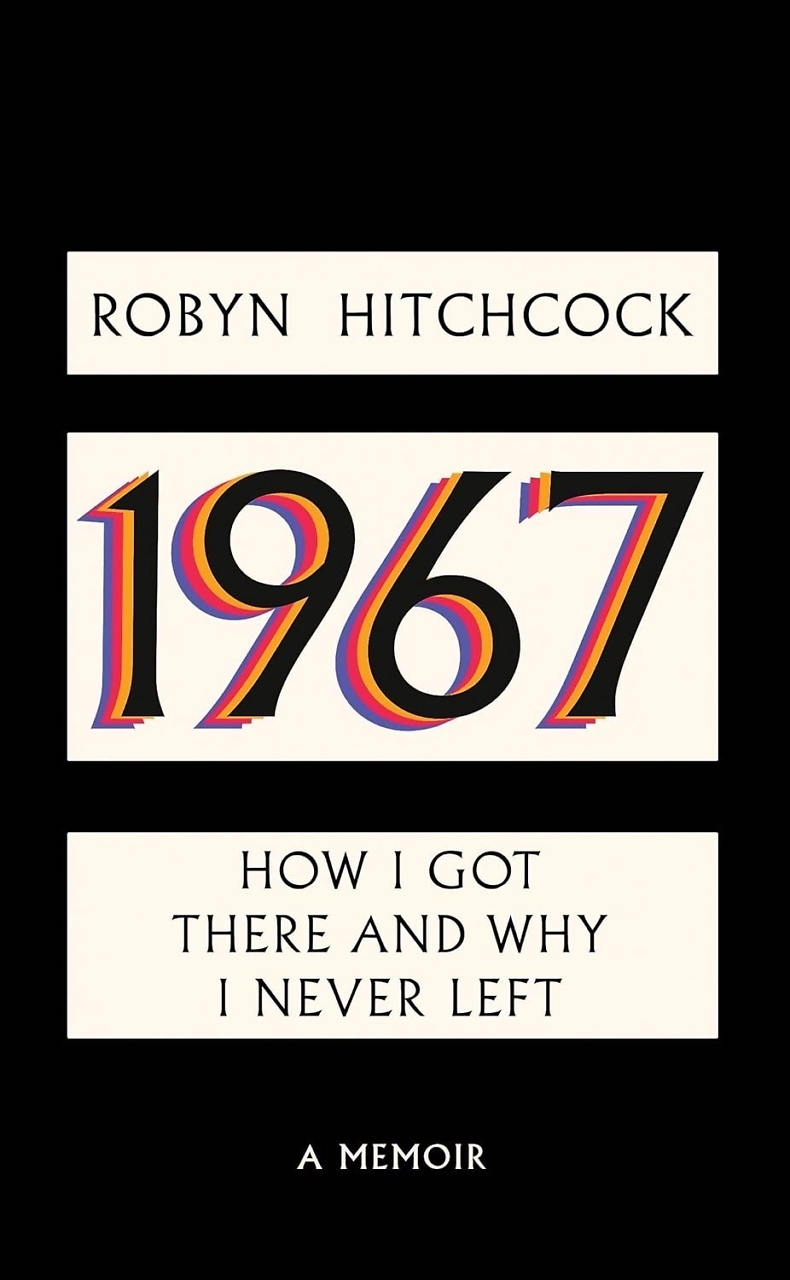Designing an Interior Life
Co-founder of Blackberry Farm Kreis Beall recounts her journey toward authenticity
Kreis Bailey Beall lived the kind of beautiful life other women might envy, but even at a young age she knew that what is pleasing to the eye doesn’t always feed the soul. As she writes in her memoir, The Great Blue Hills of God, “I had two truths growing up: that I lived in the most beautifully decorated house in Knoxville, and that most mornings I could not wait to race out our front door.”
 As she grew up in a wealthy suburb, the daughter of a former model and a football star turned successful financial investor, young Kreis Bailey absorbed her parents’ values, which placed great importance on pristine appearances and personal style. She developed a desire to please the people around her by creating flawless atmospheres.
As she grew up in a wealthy suburb, the daughter of a former model and a football star turned successful financial investor, young Kreis Bailey absorbed her parents’ values, which placed great importance on pristine appearances and personal style. She developed a desire to please the people around her by creating flawless atmospheres.
In her 20s, Kreis embarked on a marriage with the exuberant entrepreneur, Sandy Beall, just as he was capitalizing on the early success of the Ruby Tuesday restaurant chain, which he founded while still in college. Their marriage soon became a partnership focused on the business of hospitality, from expansion of the Ruby Tuesday brand to the development of Blackberry Farm, which the Bealls transformed from a small family-run inn into a luxury resort.
The Great Blue Hills of God surveys these busy and expansive years in Kreis Beall’s life: She learns to cook from Southern homemakers, finds an early class taught by newcomer Martha Stewart in Connecticut, and turns her perfectionist eye toward everything from soup to centerpiece in the dinners she prepares for the first guests at Blackberry Farm. She curates meals for the Hilton Head vacationers at her gourmet market and hosts parties for the Mobile Bay elite. She becomes a darling of the growing lifestyle magazine industry of the 1980s and 90s, particularly those showcasing Southern culture. Her style and entertaining advice are featured across glossy photo spreads, which she often frames and hangs in the many houses she and Sandy renovate — houses they baptize with names like Rose Bay, Toad Hall, Maple Cottage, and River House.
 Kreis Beall was an influencer before the age of Instagram, and therefore it’s not surprising that her memoir reflects the emotional pendulum swing known to many women who make a career out of appearances, placing the search for beauty before truth. Exquisitely detailed scenes are punctuated with concisely candid revelations. Beall’s story reveals the inherent tension between the aspirational and the authentic seen so often in our increasingly curated lives.
Kreis Beall was an influencer before the age of Instagram, and therefore it’s not surprising that her memoir reflects the emotional pendulum swing known to many women who make a career out of appearances, placing the search for beauty before truth. Exquisitely detailed scenes are punctuated with concisely candid revelations. Beall’s story reveals the inherent tension between the aspirational and the authentic seen so often in our increasingly curated lives.
When one of her houses burns to the ground and sets off a chain of losses — some by choice, some by mistake, some by betrayal, and some by tragic accident — Kreis is forced to look deep inside herself and her relationships rather than at the artfully arranged interiors that have calmed and welcomed thousands of friends and guests:
I began by giving up what I had clung to the longest: my image of the perfect home. From a multi-bedroom house, I moved to a 324-square foot farm shed on the edge of Blackberry … Suddenly unburdened of creature comfort and objects, I had no choice but to meet myself head-on… I did something I had never done before: I told the truth to myself.
She names her new home “The Shed” and sets about redefining a beautiful life. “It is not the size of the space,” she writes, “but the depth of the person in it.”
Depth, it turns out, is not as easy to achieve in the interior of our souls as it was in the eggplant lacquer on her floors. It is even harder to kindle in relationships starved of communication and fatigued by the workaholism that fueled her marriage, fortified her identity, and consumed her parenting. With her grown boys scattered, her marriage estranged, and her hearing permanently devastated by an accidental brain injury, Beall laments the times she chose work over simply being present and becoming a better listener.
In the solitary space of The Shed, Beall rebuilds her life with her cardinal rule of homemaking, which has always been to “live in every inch,” making a house more vibrant by ensuring every room has a daily purpose. Her new purpose becomes learning how to inhabit every moment of her life. “Living in a house or a life is about all the ways you can enter and be present,” she writes. “It is about making room for what truly matters to each of us.”
By the end of the book, her new renovation project remains incomplete, as any honest examination of the self must. Beall does not offer a flawless list of must-dos and don’ts; rather, she shows how to move gracefully through a life as if hosting a room full of weary guests — extending grace to others, especially those who’ve hurt you the most.
Beth Waltemath graduated with a degree in English from the University of Virginia and worked at both Random House and Hearst magazines before leaving publishing to attend Union Theological Seminary in New York City. A Nashville native, she now lives in Decatur, Georgia.


